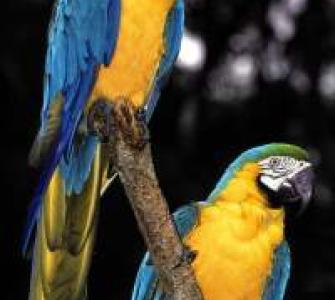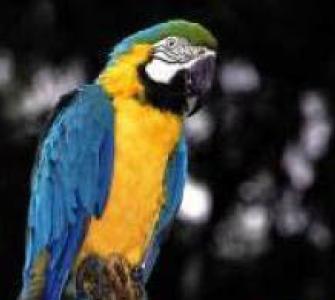The Pantanal in southwest Brazil is the world's largest continuous wetland, extending for over 140,000 square kilometers and host to a spectacular array of flora and fauna. Among the 650+ species of birds and over 80 species of mammals are parrots, toucans, jaguar, maned wolf, giant otter, and capybara. CSF is helped former course participants Leonardo Hasenclever and Eduardo Garcia conduct a contingent valuation study of tourism on the Pantanal Scenic Parkway to determine its potential for generating conservation revenue. Ninety-nine percent of the Pantanal is privately owned, mostly by large cattle ranchers whose herds graze the native grasses sustainalby. In recent years, the Pantanal has come under increased threat from deforestation, upland contamination, poaching, overfishing, and uncontrolled tourism.
The Pantanal Parkway was created in 1993. In 2001 a management committee was created for the road. Leonardo and Eduardo's study was the first to gather primary data on the characteristics and attitudes of the parkway's users and to inform policy decisions taken by the new management committee.


